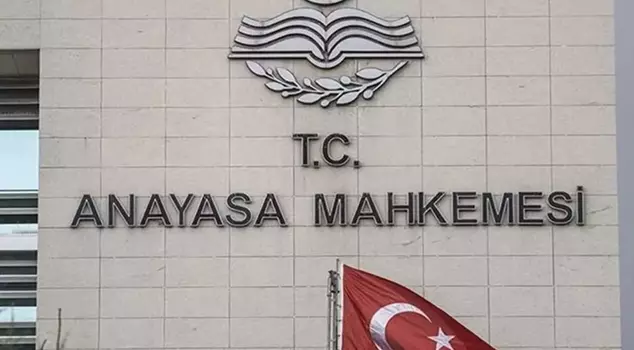
01.10.2025 12:31
The Constitutional Court has launched a new application that allows lawyers to make individual applications electronically. Applications can be submitted through the UYAP Lawyer Portal.
The Constitutional Court (AYM) has launched a new application today that allows lawyers to make individual applications electronically. With this application, applications can now also be submitted through the UYAP Lawyer Portal.
According to Article 63 of the Rules of Procedure of the Constitutional Court, individual applications can be made not only by direct application to the Constitutional Court but also through courts, penal institutions, or foreign representations.
According to the decision made by the General Assembly of the Constitutional Court on June 3, 2025, the way for lawyers to make individual applications electronically has been opened. Thanks to the new application launched today, applications can now be made through the UYAP Lawyer Portal.
The new application aims to conduct individual application processes more quickly, easily, and effectively.
"IT WILL ENSURE THAT THE MEANS OF SEEKING RIGHTS ARE IN HARMONY WITH THE TECHNOLOGICAL POSSIBILITIES OF THE AGE"
Constitutional Court President Kadir Özkaya announced the application during a symposium held on the 13th anniversary of individual applications. Özkaya stated that the Constitutional Court attaches special importance to technological developments to increase the effectiveness of means of seeking rights, and he made the following remarks regarding the application:
"I would like to share the good news that as of October 1, 2025, it will be possible to make individual applications electronically through the UYAP Lawyer Portal. Our lawyers will now be able to submit applications through the UYAP system. This will increase accessibility and pave the way for application processes to be conducted more quickly, effectively, and transparently. This innovation will further strengthen the social function of individual applications and ensure that the means of seeking rights are in harmony with the technological possibilities of the age."